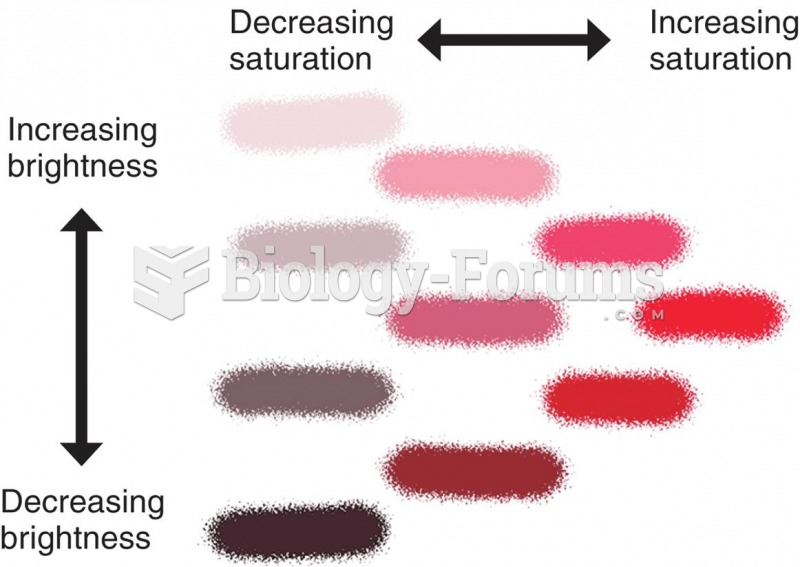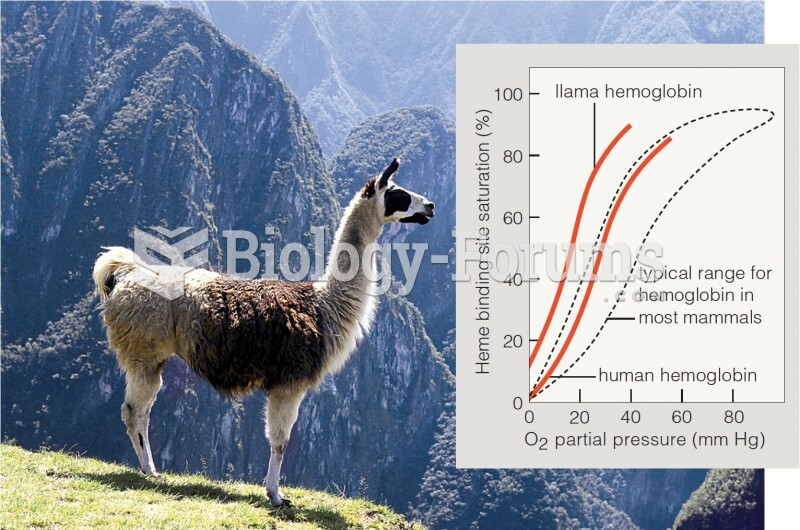|
|
|
Blood is approximately twice as thick as water because of the cells and other components found in it.
Nitroglycerin is used to alleviate various heart-related conditions, and it is also the chief component of dynamite (but mixed in a solid clay base to stabilize it).
A cataract is a clouding of the eyes' natural lens. As we age, some clouding of the lens may occur. The first sign of a cataract is usually blurry vision. Although glasses and other visual aids may at first help a person with cataracts, surgery may become inevitable. Cataract surgery is very successful in restoring vision, and it is the most frequently performed surgery in the United States.
The immune system needs 9.5 hours of sleep in total darkness to recharge completely.
Cytomegalovirus affects nearly the same amount of newborns every year as Down syndrome.







